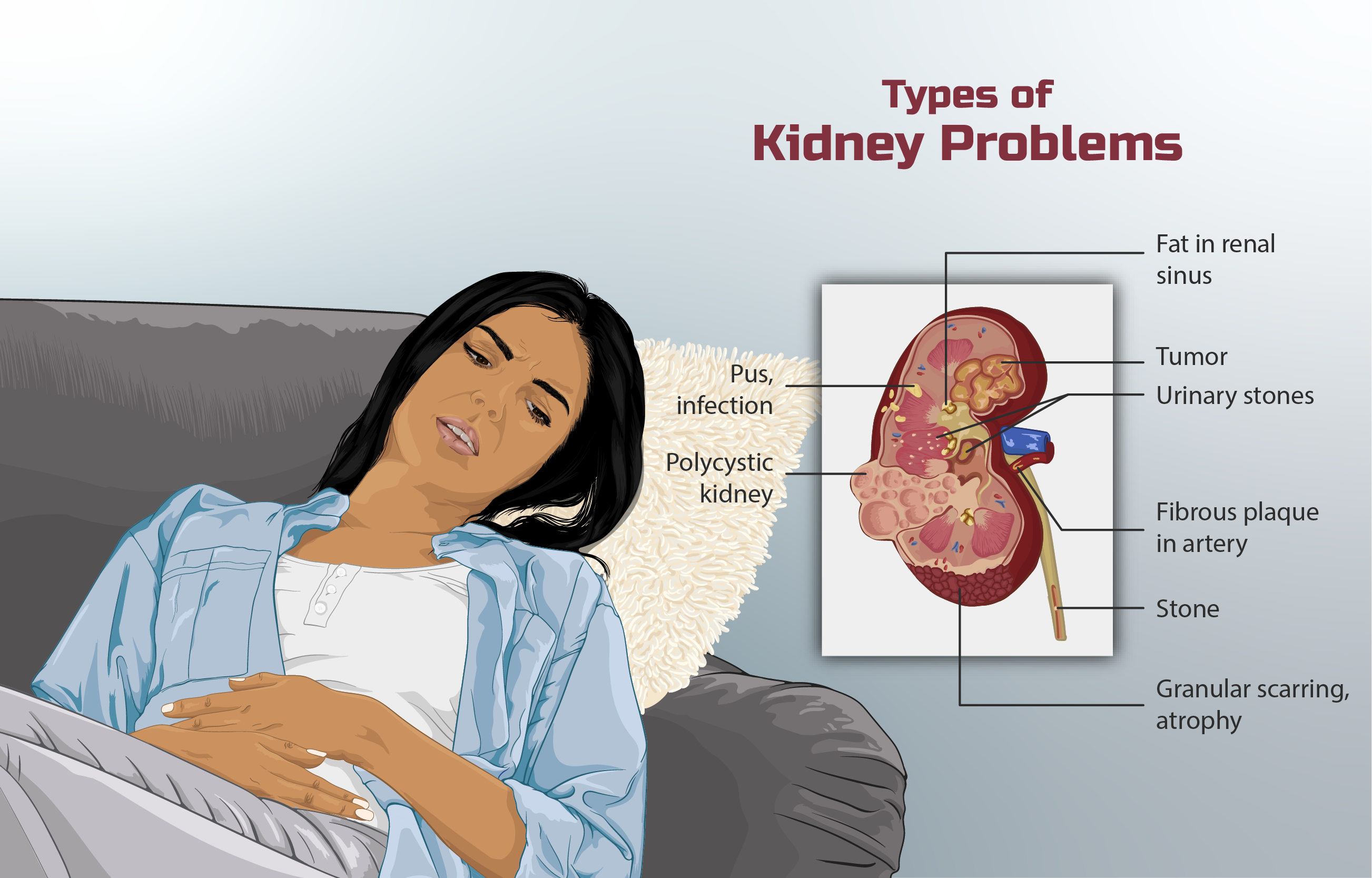Potassium Deficiency: Diving Deep into the 16 Unseen Risks Threatening Your Health Balance
Potassium, a mineral and electrolyte, is crucial for the proper functioning of our bodies. It aids in maintaining fluid balance, nerve signals, and muscle contractions. Despite its importance, most people don't get enough potassium in their diets. Potassium deficiency, also known as hypokalemia, can lead to a variety of health issues. This comprehensive guide will take you on a journey through the unseen risks of potassium deficiency, their potential impacts on your health, and ways to prevent them.
Understanding Potassium

Potassium is one of the seven essential macrominerals. The human body requires at least 100 milligrams of potassium daily to support key processes. It helps to regulate fluid balance, send nerve signals, and regulate muscle contractions. A diet rich in potassium can help prevent a range of chronic diseases, including heart disease, stroke, and osteoporosis.
Causes of Potassium Deficiency

Potassium deficiency can be caused by a variety of factors. These include poor dietary habits, certain medications, excessive alcohol consumption, chronic kidney disease, and disorders that affect the body's ability to absorb nutrients. Understanding these causes can help you take steps to prevent potassium deficiency.
